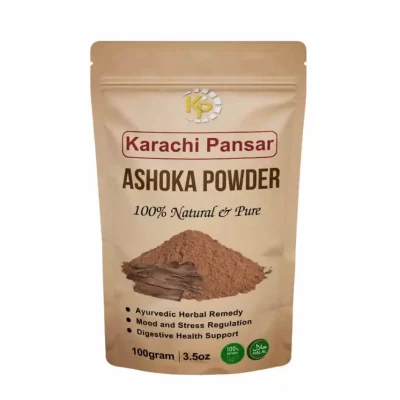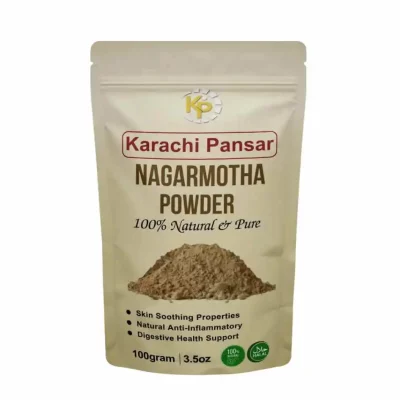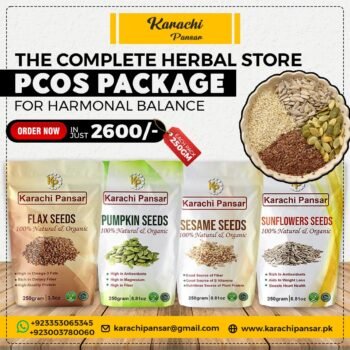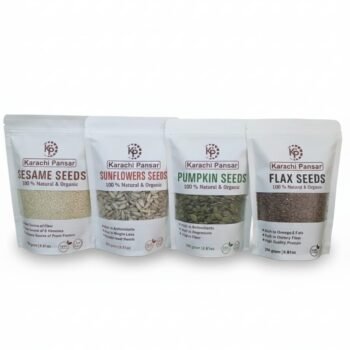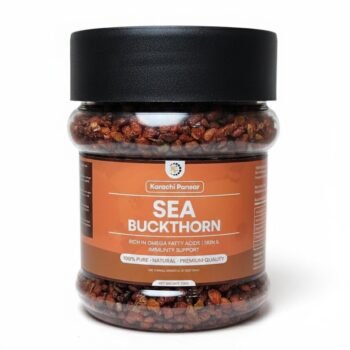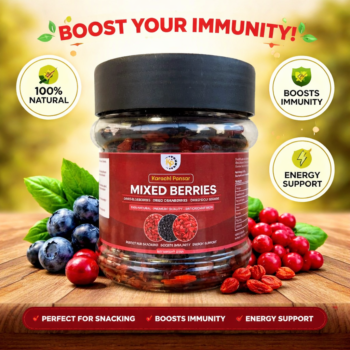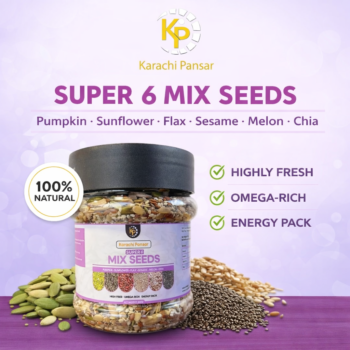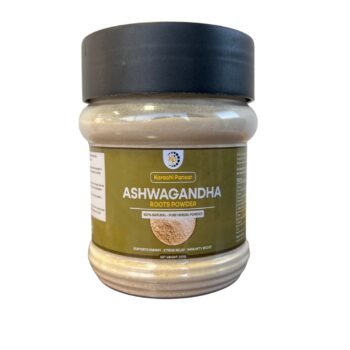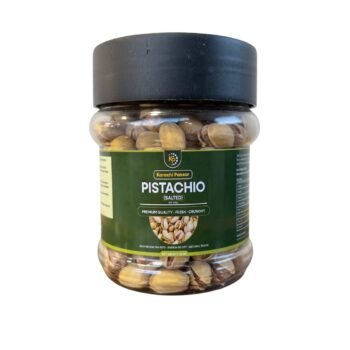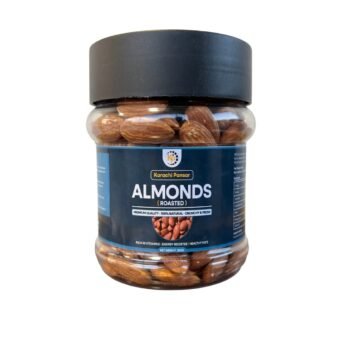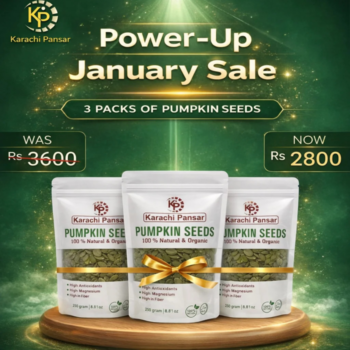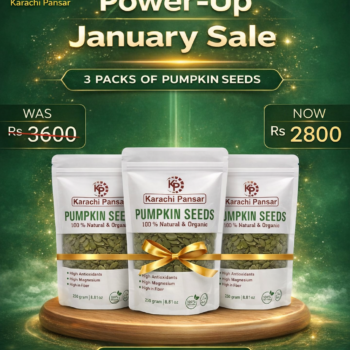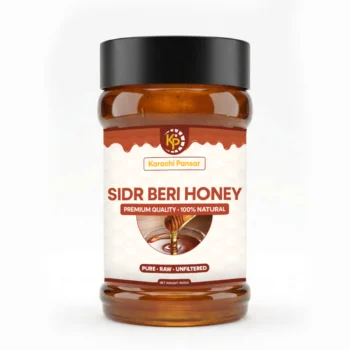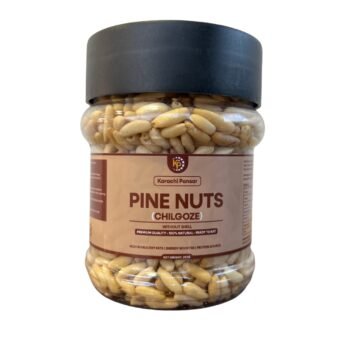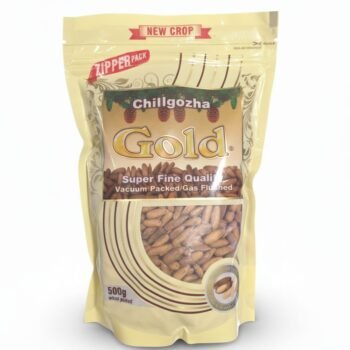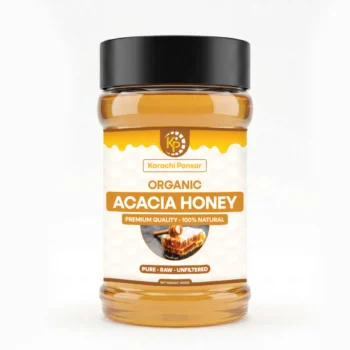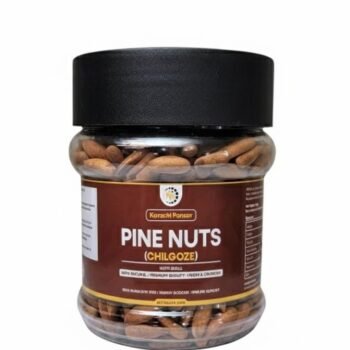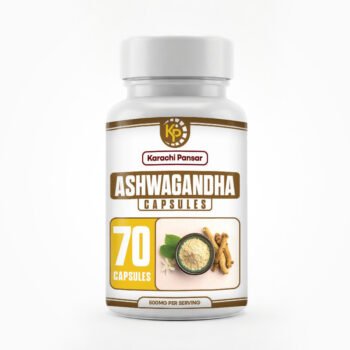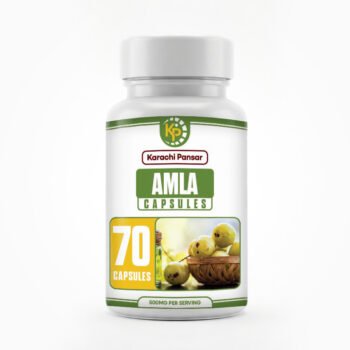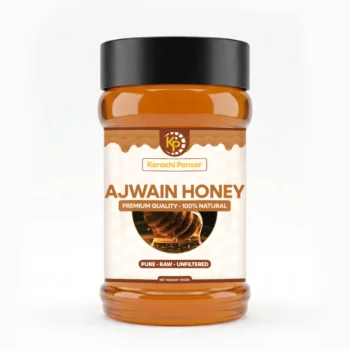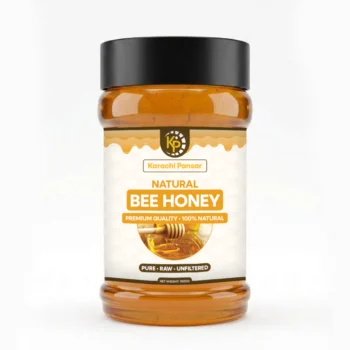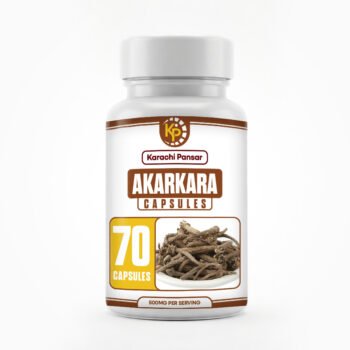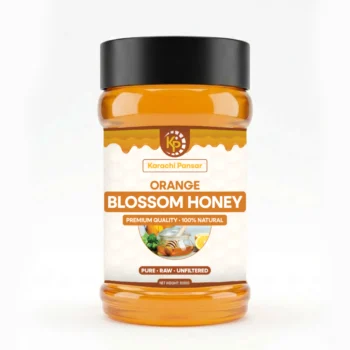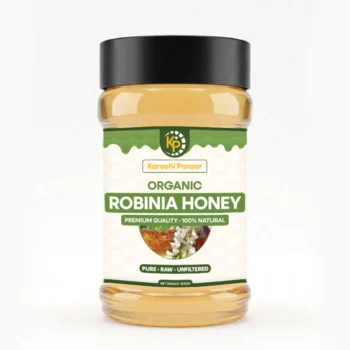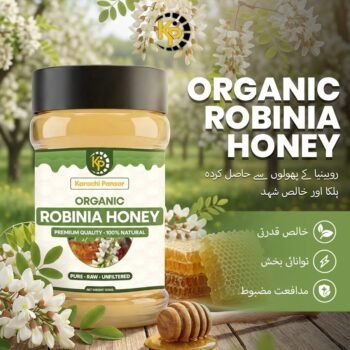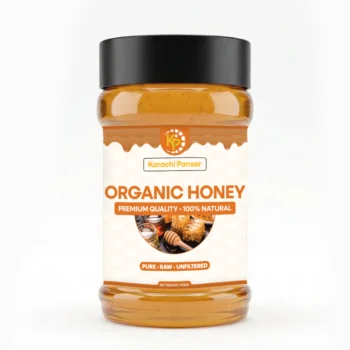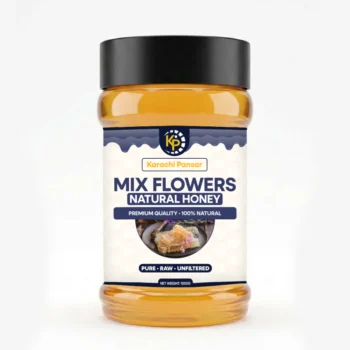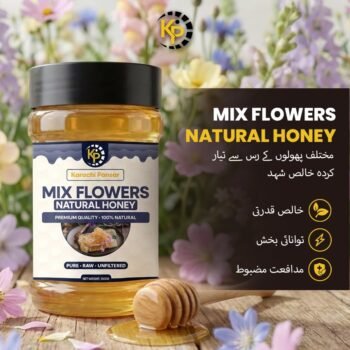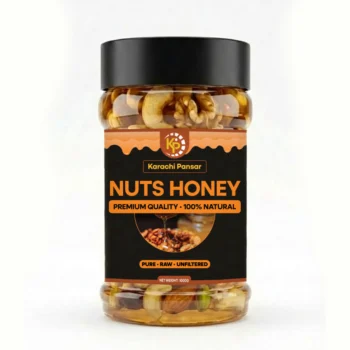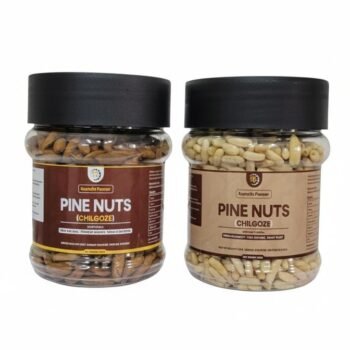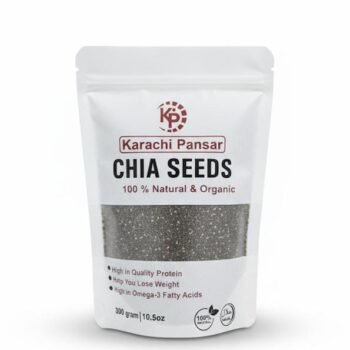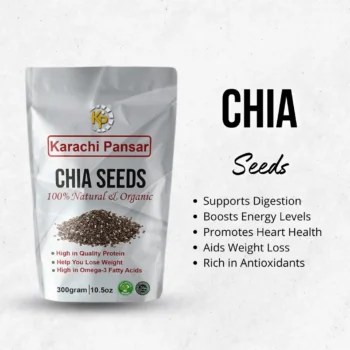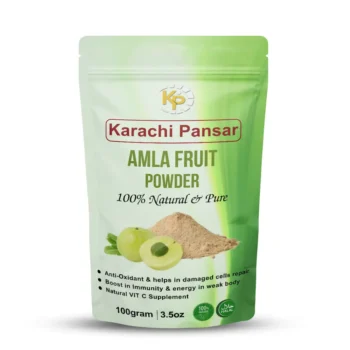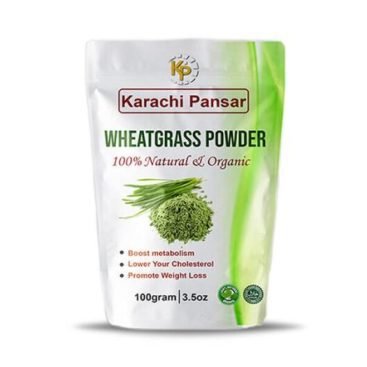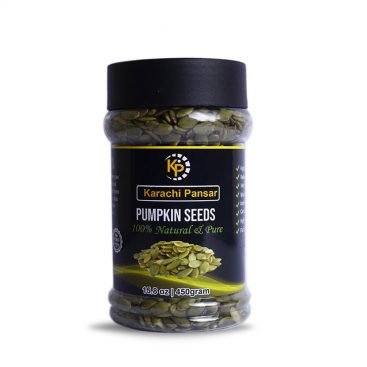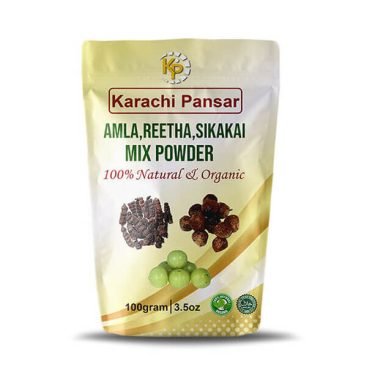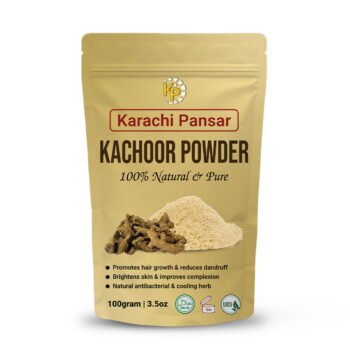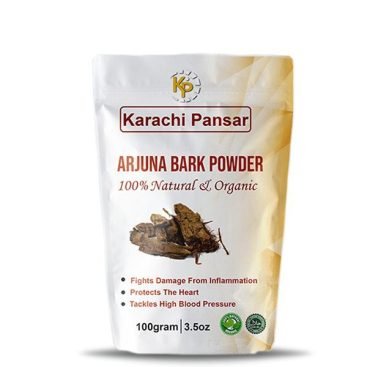Uses & Health Benefits:
- Digestive Aid: Garden Rue may help alleviate digestive discomfort and improve digestion.
- Anti-inflammatory: It possesses anti-inflammatory properties, which may help reduce inflammation in the body.
- Antimicrobial: Garden Rue has antimicrobial properties, potentially aiding in fighting off infections.
- Respiratory Health: It may support respiratory health and help alleviate symptoms of respiratory conditions.
- Menstrual Support: Garden Rue is traditionally used to regulate menstrual cycles and relieve menstrual cramps.
- Skin Care: It may have benefits for the skin, helping to soothe irritation and promote skin health.
- Immune System Support: Garden Rue may boost the immune system, helping the body fight off illness and infection.
- Antioxidant Properties: It contains antioxidants, which can help protect cells from damage caused by free radicals.
- Antispasmodic: Garden Rue may have antispasmodic effects, helping to relax muscles and reduce spasms.
- Diuretic: It may act as a diuretic, promoting the elimination of excess fluids from the body.
- Pain Relief: Garden Rue may help alleviate pain, including headaches and joint pain.
- Gastrointestinal Health: It may promote gastrointestinal health and help alleviate symptoms of gastrointestinal disorders.
How To Use?
Garden rue, also known as Barge Sadaab or Ruta Graveolens, is a versatile herb used in traditional medicine and culinary practices. Here are several common ways to use garden rue:
- Herbal Tea: Garden rue leaves can be used to make a soothing herbal tea. Simply steep a few fresh or dried leaves in hot water for 5-10 minutes, strain, and enjoy. Garden rue tea is believed to aid digestion, relieve menstrual cramps, and promote overall wellness.
- Culinary Ingredient: In some cuisines, garden rue leaves are used as a flavoring agent in cooking. They have a strong, bitter taste and are often added in small quantities to soups, stews, sauces, and meat dishes for their unique flavor. However, garden rue should be used sparingly in cooking due to its potent nature.
- Aromatic Herb: Garden rue leaves have a strong, pleasant fragrance and can be used to add aroma to potpourri, sachets, and homemade herbal incense blends. Simply dry the leaves thoroughly and use them to infuse your living spaces with their refreshing scent.
- Insect Repellent: Some people believe that garden rue has insect-repelling properties. Placing fresh or dried garden rue leaves in cabinets, closets, or around doorways may help deter pests such as moths and mosquitoes.
- Topical Use: In traditional medicine, garden rue has been used topically to relieve joint pain, bruises, and skin conditions such as eczema and psoriasis. A poultice made from crushed garden rue leaves or a diluted garden rue-infused oil can be applied to the affected area for relief.
- Medicinal Tincture: Garden rue tincture is made by soaking fresh or dried garden rue leaves in alcohol to extract their medicinal compounds. This tincture can be taken orally in small doses, under the guidance of a healthcare professional, for its purported digestive, menstrual, and anti-inflammatory benefits.
- Rituals and Ceremonies: In some cultures, garden rue is considered a sacred herb and is used in rituals, ceremonies, and spiritual practices. It is believed to have protective and purifying properties and may be used in rituals to ward off negativity and promote spiritual clarity.
It’s important to note that garden rue contains compounds that can be toxic if ingested in large quantities. Always use garden rue sparingly and with caution, and consult with a healthcare professional before using it medicinally.
Note:
The information is for educational purposes only. This information has not been evaluated by the Food and Drug Administration.
This information is not intended to diagnose, treat, cure, or prevent any disease.




